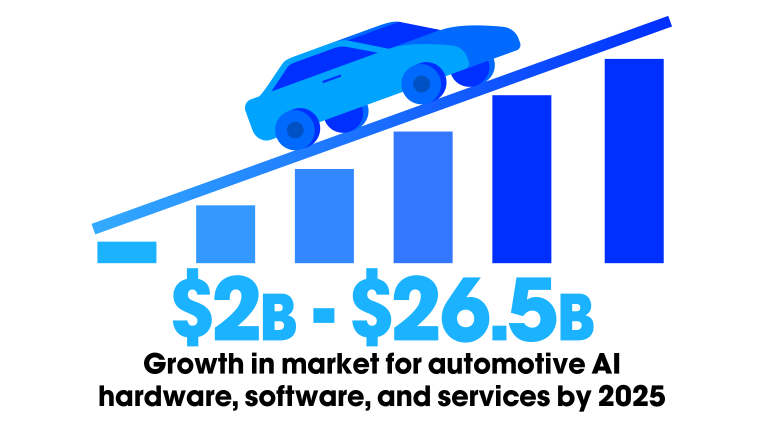Your brand has decided that a voice AI strategy is a vital part of your company roadmap. Should you build, buy, or partner to bring that voice experience to life? If you’re like many other companies across industries, your leadership is grappling with deciding how you’ll implement a voice assistant for your product, service, or mobile app. In truth, it’s a complex choice and there are many key decisions to be made at every stage of development.
To begin with, companies wrestle with these three choices: “Do we build the voice AI technology ourselves?”—spending potentially years developing the voice user interface, “Do we buy a custom solution from a voice AI platform provider that’s scalable and allows us to own our brand, customer relationships, and valuable data?”, or “Do we choose to partner with a known third-party’s existing voice assistant?”
It’s true that if you choose to partner with a known voice assistant (such as Alexa or Google), the up-front investment and faster implementation time will be short-term benefits. However, be aware that there are some significant losses and branding consequences that will likely turn those short-term benefits into long-term costs.
While finding a partner with customizable voice AI technology can be a significant investment now, it’s essential to consider all the long-term effects that other choices will have on your brand, ROI, customer experience, Net Promoter Scores (NPS), and market viability.
Here are a few long-term costs of partnering with a third-party provider (such as Amazon or Google) for a voice AI platform:
- Lack of access to customer and market data
- Creating future competitors
- Missing out on brand ownership
- Loss of control over customer privacy
Access to customer and market data
When you partner with an existing voice assistant provider, you’ll have little to no access to important customer and market data. While it may seem a trivial price to pay, the data behind your voice assistant could very well be your ticket to continued competitiveness in the market.
It’s essential to understand how your customers are using your voice assistant and to know what questions they are asking and what functions they are trying to perform. Data that is collected and anonymized can be used to inform not only the iterations necessary to improve your user experience but also your short-term and long-term product and services roadmaps.
When you don’t own your voice assistant, you don’t own your data, either. Without insight into your customer behavior, not only will you miss opportunities to improve customer satisfaction, but you might also be arming a potential competitor with market data that will help them build a product with a better voice experience and all the additional product functionality your customers have been asking for—but that you’re unaware of.
Giving away the voice technology for free, or at a very low price, is an investment for companies with existing voice assistants. While it may seem like a less expensive solution to the brands adopting the voice assistants, in the beginning, the loss of potentially expensive market research and customer relationships will likely prove more costly for companies in the long term.









